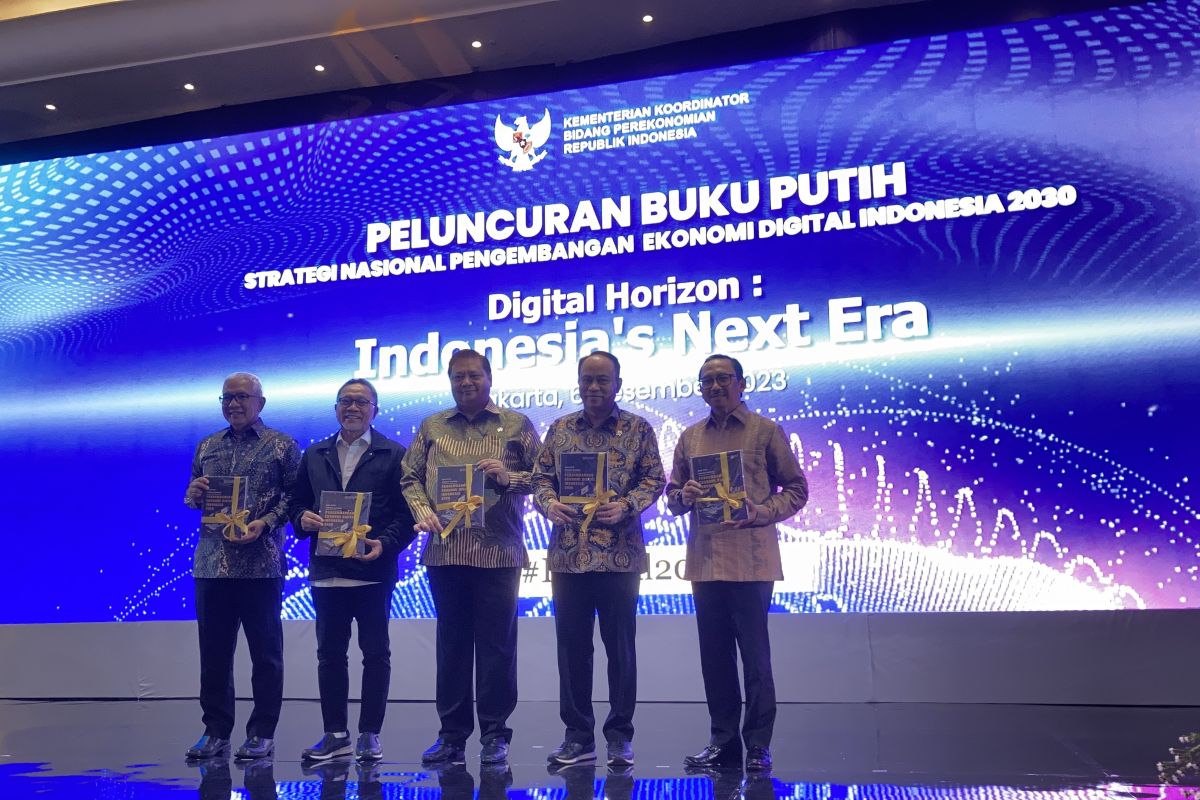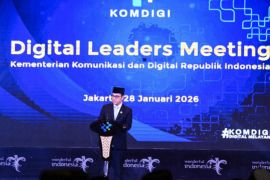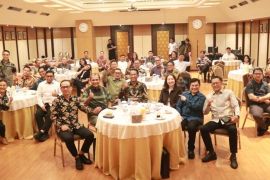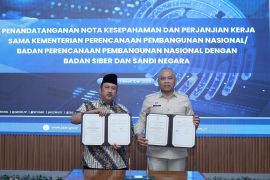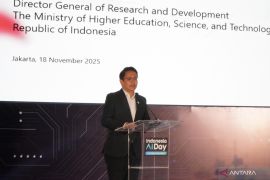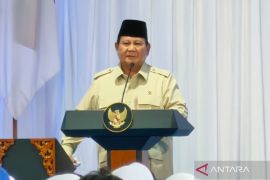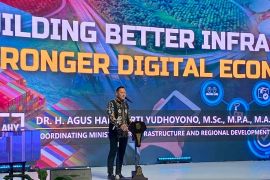The White Paper on National Strategy for Development of Indonesia's Digital Economy 2030 is launched as a reference for the country in executing digital transformation, Economic Affairs Coordinating Minister Airlangga Hartarto stated.
"This document is the national digital transformation agenda that is in line with the Digital Economy Framework (DEFA) negotiations promoted by Indonesia," he remarked during the launch of the White Paper in Jakarta on Wednesday.
According to Hartarto, Indonesia requires about nine million workers in the digital sector in the next 15 years, thereby translating to the fact that the country will be pushed to produce 600 thousand digitally-capable talents annually.
The minister then highlighted that in order to prevent the nation's digital talents from being taken over by other countries, Indonesia needs to devise a comprehensive road map that encompasses all processes, including preparatory phase, transformation, and the phase when Indonesia emerges as a leader.
The National Strategy for Development of Indonesia's Digital Economy itself is a product born from the tenacious efforts made by the country to articulate a framework for digital economy development since 2019. The strategy was finalized this year.
Related news: Digitization of logistics processes strengthens economy: Minister
The formulation of the strategy involved collaboration processes among ministries, institutions, relevant authorities, academics, industry players, and consultants through focus discussion groups, limited discussion, and high-level meetings.
Meanwhile, Deputy for Digital Economy, Manpower, and Micro, Small, and Medium Enterprises Coordination at the Economic Affairs Coordinating Ministry; Rudy Salahuddin; stated that the White Paper serves as a guideline for implementing the national strategy.
"This document plays a role as a strategic guideline that details the Vision of Indonesia's Digital Economy Development 2030 and outlines the direction, targets, and initiatives related to the development of the digital economy," he stated.
He also outlined six main pillars of the development of the digital economy, namely infrastructure; human resources; business climate and cybersecurity; research, innovation, and business development; funding and investment; and policies and regulations.
Related news: Civil servants should embrace digitization: President Jokowi
Related news: Indonesian, Australian minister discuss public service digitization
"This document is the national digital transformation agenda that is in line with the Digital Economy Framework (DEFA) negotiations promoted by Indonesia," he remarked during the launch of the White Paper in Jakarta on Wednesday.
According to Hartarto, Indonesia requires about nine million workers in the digital sector in the next 15 years, thereby translating to the fact that the country will be pushed to produce 600 thousand digitally-capable talents annually.
The minister then highlighted that in order to prevent the nation's digital talents from being taken over by other countries, Indonesia needs to devise a comprehensive road map that encompasses all processes, including preparatory phase, transformation, and the phase when Indonesia emerges as a leader.
The National Strategy for Development of Indonesia's Digital Economy itself is a product born from the tenacious efforts made by the country to articulate a framework for digital economy development since 2019. The strategy was finalized this year.
Related news: Digitization of logistics processes strengthens economy: Minister
The formulation of the strategy involved collaboration processes among ministries, institutions, relevant authorities, academics, industry players, and consultants through focus discussion groups, limited discussion, and high-level meetings.
Meanwhile, Deputy for Digital Economy, Manpower, and Micro, Small, and Medium Enterprises Coordination at the Economic Affairs Coordinating Ministry; Rudy Salahuddin; stated that the White Paper serves as a guideline for implementing the national strategy.
"This document plays a role as a strategic guideline that details the Vision of Indonesia's Digital Economy Development 2030 and outlines the direction, targets, and initiatives related to the development of the digital economy," he stated.
He also outlined six main pillars of the development of the digital economy, namely infrastructure; human resources; business climate and cybersecurity; research, innovation, and business development; funding and investment; and policies and regulations.
Related news: Civil servants should embrace digitization: President Jokowi
Related news: Indonesian, Australian minister discuss public service digitization
Translator: Imamatul S, Tegar Nurfitra
Editor: Yuni Arisandy Sinaga
Copyright © ANTARA 2023
